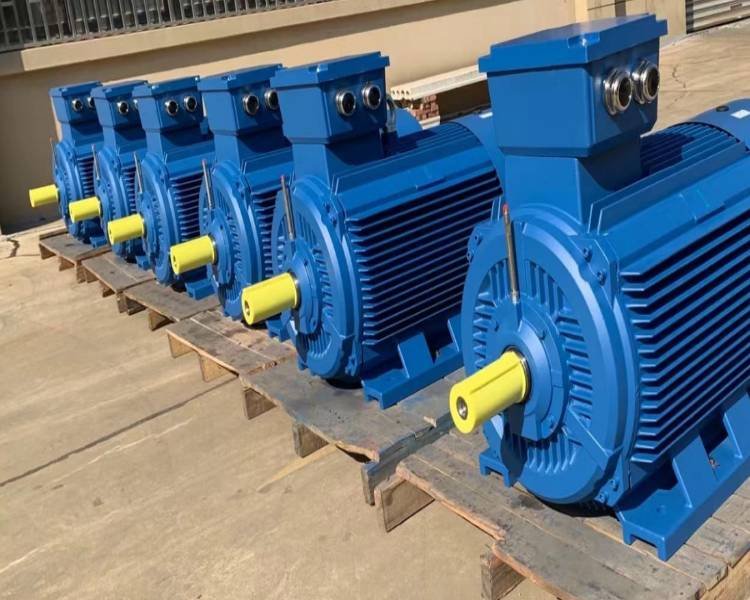Electrical motors and pumps are two essential components in many industrial and domestic applications. They play crucial roles in various systems, including water supply, HVAC (Heating, Ventilation, and Air Conditioning), manufacturing processes, and more. Here's an overview of both electrical motors and pumps:
Electrical Motors:
An electrical motor is a device that converts electrical energy into mechanical energy. It operates on the principle of electromagnetic induction, where the interaction of magnetic fields and electrical currents generates rotational motion.
Types of Motors:
AC Motors: These motors run on alternating current (AC) and include types like induction motors and synchronous motors.
DC Motors: These motors run on direct current (DC) and include types like brushed DC motors and brushless DC motors.
Specialized Motors: There are various specialized motors designed for specific applications, such as stepper motors, servo motors, and linear motors.
Applications: Electric motors are used in a wide range of applications, including driving machinery, appliances (e.g., washing machines, refrigerators), vehicles (e.g., electric cars), and industrial equipment.
Efficiency: Electric motors are known for their high efficiency, making them a preferred choice for many applications because they can convert a significant portion of electrical input energy into mechanical output energy.
Pumps:
A pump is a mechanical device used to move fluids (liquids or gases) from one place to another by applying mechanical force. Pumps are commonly used to increase the pressure of a fluid, allowing it to flow through pipes and perform various tasks.
Types of Pumps:
Centrifugal Pumps: These are the most common type of pumps and are used for moving liquids, including water, chemicals, and oil.
Positive Displacement Pumps: These pumps move fluids by trapping a fixed amount and then forcing it into a discharge pipe. Examples include piston pumps and diaphragm pumps. Submersible Pumps: These pumps are designed to operate underwater and are often used for well water extraction or sewage handling.
Vacuum Pumps: These pumps are used to create a vacuum by removing air or other gases from a sealed chamber.
Applications: Pumps are used in various industries, such as agriculture (irrigation), water supply (municipal water systems), oil and gas production, chemical processing, and wastewater treatment.
Efficiency: Pump efficiency is an important consideration because it affects energy consumption. Modern pumps are designed to be energy-efficient, reducing operational costs and environmental impact.
In many systems, electrical motors are used to power pumps. For example, an electric motor can drive a centrifugal pump to move water in a building's HVAC system or a well pump to supply water to a residential property. Together, electrical motors and pumps form the backbone of numerous industrial processes and everyday utilities, making them indispensable in modern society

